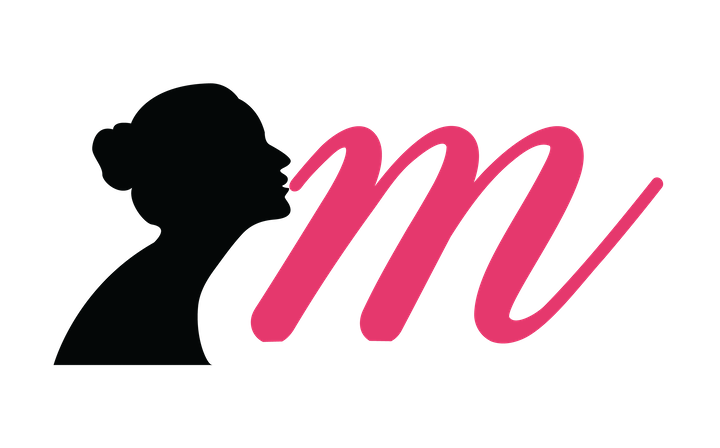HELP! My Hair Keeps Falling Out! Part 1
Hair Loss & Hair Thinning
First, it was the sleepless nights, the night sweats, the weight gain, the brain fog,….. then let’s add insult to injury … My hair was falling out !!!
Thick luscious hair and eyebrows have been associated with beauty, youth, and health. We might be more aware that men frequently lose their hair as they age, but so do women!! As we age and hormones shift, so does the way our hair grows. For some reason, the hair loss started to hit me the hardest emotionally. I mean I still had hair, but about 1/3 of what I used to have, and each month I could feel it getting thinner and thinner. So, I started doing research years ago. These next few articles will headline some possible solutions to keeping some hair on your head.
Why is this happening?
Hair loss in midlife associated with menopause is called androgenetic alopecia, and may be caused by a variety of conditions. Almost 70% of women going through menopause experience hair loss, this may be due to decreased thyroid and/or estrogen levels, as well as other health issues, genetics, hormones, stress, illness, vitamin/caloric imbalances and inefficiencies, as well as different medications. Hair thinning can occur when the hair follicles shrink in size, creating thinner hairs, which are more easily damaged and broken.
The 2 most common causes for hair loss during menopause:
(These can occur simultaneously or separately. )
1- Female Pattern Hair Loss (FPHL) – Hair thinning generally on the crown of the scalp, around the center part. It generally does not lead to complete baldness. The origin of this condition is still unclear but appears to be connected to both hormones and environment. The premature ending of the hair growth phase indicates the beginning of FPHL.
(FFA) Frontal Fibrosing Alopecia – Generally more common in post-menopausal women. This is an inflammatory cicatricial alopecia, which may include a receding hairline, and diminishing eyelashes, eyebrows, and general body hair. There is some data that indicates with the use of titanium nanoparticles (found in sunscreen) may affect the hair follicles in this regard, but it is still unclear.
2- Telogen Effluvium (TE) – Sudden onset of hair shedding. Occurs several months after a major life stressor event, chronic illness, and sometimes after taking anti-coagulants and beta-blockers.
Other possible causes for hair loss & thinning:
· Thyroid Disease
· Various Cicatricial (scarring) Alopecias,
· Trichotillomania
· Alopecia Neoplastica
· Tinea capitis
· Alopecia areata
Hormone imbalances that may contribute to hair loss, sagging skin, wrinkles, brittle cracked nails
1- Cortisol (high stress) – too high
2- Thyroid – too low
3- Testosterone – getting lower
4- Estrogen (levels decrease as women age)- getting lower - The exact effects estrogen has on hair is still unclear, but it is currently thought that estrogen protects against hair loss, although studies are inconclusive and inconsistent. When a women is postmenopausal, declining testosterone & estrogen levels may contribute to hair loss.
Is there anything I can do?
Start with getting your hormone levels checked out, and see if any of your current medications may be causing a side effect of hair loss. Reduce stress! Get your environment cleaned up. Think about changing your hair care products and routine. Eat a balanced diet, supplement where you need to & try some specific supplement and topical solutions that show promising results with many people.
Talk to me or another health care provider about options that may work best for you. I discuss treatments in several of my next articles. Contact me for more information and specific details regarding your personal situation and conditions. More on these options in my next articles !!
This is your story, Make it the one you want.
The Women’s Mid-Life Reset Mary Fraser MS, RD/RDN
DISCLAIMER:
The information, including but not limited to, text, graphics, images and other material posted are for informational purposes only. No material on this site is intended to be a substitute for professional medical advice, diagnosis, or treatment. Although I, (Mary Fraser, MS RD/RDN), being educated in the field of nutritional science and work with women in midlife, I do not know your personal situation, health concerns, or needs. All posts, programs, articles, and books are provided for educational and informational purposes only and are not intended to replace personal medical or professional advice. Always seek the advice of your physician or other qualified health care provider with any questions you may have regarding a medical condition or treatment and before undertaking a new health care regimen, and never disregard professional medical advice or delay in seeking it because of something you have read on this website.
Copyright Mary Fraser November 2021.

